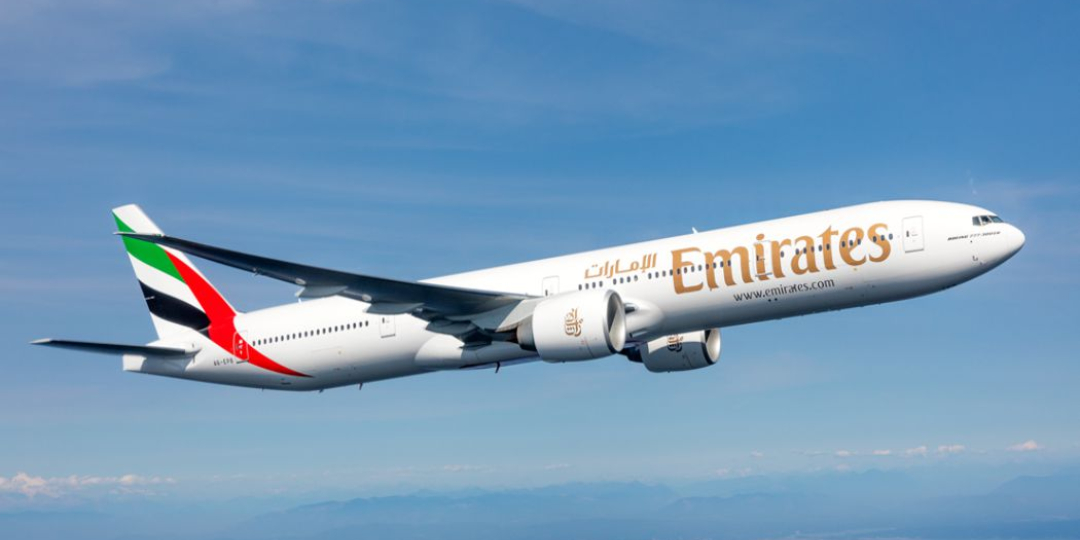The much-dreaded Emirates GDS surcharge came into effect last week, followed by an unexpected announcement from Travelport that agents who are Travelport users would be exempt from the fee. This unprecedented move has shaken the market, creating an uneven playing field for agents across the different GDSs.
In March, Emirates announced that, effective from July 1, all bookings made via all GDSs would incur a surcharge. The move is in line with the airline’s strategy to reduce distribution costs and to drive agents to book through the new Emirates Gateway booking system, which provides access to Emirates content through Iata standard NDC APIs.
“Bookings made via the GDS will incur a distribution surcharge ranging between US$14 (R200) and $25 (R286) per ticket, depending on sector length,” said the airline at the time.
Country manager of Travelport Southern Africa, Adrian Roodt, told Travel News that the deal had taken a long time to negotiate with Emirates and had come about due to the strong and long-standing relationship that Travelport had always maintained with the Middle Eastern carrier.
“This is no small advantage that we have been able to negotiate. Emirates has traditionally ranked as one of the five top-selling international airlines flying out of South Africa. The GDS surcharge is not small change for South African clients either, particularly when multiple flight segments are involved and when an agent needs to mark up a ticket on top of these charges,” said Adrian.
He explained that, as of July 1, 2021, Travelport agents had automatically been upgraded to a dedicated channel within the Travelport platform that provides access to non-surcharged Emirates tickets. “It can be time-consuming and confusing for consultants to have to jump in and out of the GDS and log in to different airline booking systems. The exemption on the GDS fee means that Travelport users’ workflows can continue undisturbed within the GDS,” he added.
Travelport users sang the deal’s praises. “We welcome this news. The role of the consultant is complex and it is not often that bookings involve a single airline,” said gm of Travel Counsellors SA, Mladen Lukic. “Agents combine the services of various suppliers to provide an intelligent offering for their client, and a move that makes it more expensive for consultants to book one of South Africa’s top-selling airlines (prior to COVID-19) in a seamless flow, is not ideal and will certainly be felt by our colleagues that use other GDSs.”
An industry leader who wished to remain anonymous, said Travelport had recently lost a lot of market share to Amadeus and Sabre globally and that this newly negotiated competitive advantage would help it to stem these losses. However, the source also commented that it remained to be seen how popular Emirates would be when it resumed flights to South Africa.
“Overnight we have seen Qatar Airways becoming a dominant player in the market, due to strategic changes in its management team and its consistent, continuous offering of flights to South Africa. It remains to be seen if Emirates will be able to regain the market share that it has lost to Qatar when it returns and how much impact this move will have,” said the source.
When asked if the competitive advantage would see agencies jumping ship to join Travelport, another agency owner, who did not want to be named due to the sensitivity of the matter, said Amadeus and Sabre users were probably evaluating the amount of business that they expected to give to Emirates when the airline returned to South Africa. “Based on this percentage they may be considering employing a dual GDS strategy with Travelport in order to bypass the EK GDS fee. I don’t imagine that too many agencies will completely jump ship, as it is a massive task to move GDSs and it is unlikely that many agents would give more than 50% of their business to a single international airline,” said the source.
Club Travel currently employs a multi-GDS strategy. Ceo of the group, Gary Mulder, commented that the move was a big concern in the market as it had, for the first time, created an uneven playing field for agencies that used different GDSs. “As Emirates is not flying into South Africa right now the issue is not immediately pressing but we are hopeful that before it returns, Amadeus and Sabre will have negotiated a similar deal with Emirates. It doesn’t make sense for an airline to impose a process on us that isn’t productivity-driven, nor for Emirates to essentially impose different fares on different members of the same audience of travel agents,” said Gary.
He added that it was not practical for consultants to leave their GDS workflows and book on websites and predicted that in most cases these GDS fees would simply be passed on to end consumers as, according to Gary, no players in the South African market had direct API connections with Emirates at this point. “We know that the other GDSs are in talks with Emirates at present and we really feel that all parties need to sit around a table and sort this out quickly,” said Gary.
GDS response
Travel News asked both Amadeus and Sabre for their comment. A spokesperson for Sabre replied: “We are disappointed that Emirates is not committed to achieving a mutually favourable deal. We will be persistent and continue to work towards a fair outcome that reasonably acknowledges the value that Sabre and our common customers provide to the airline. We value Emirates’ content in our Sabre marketplace, and we believe this provides immense value to all parties in the ecosystem. We hope to reach an agreement in the future that meets the needs of all stakeholders.”














